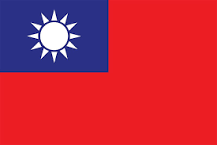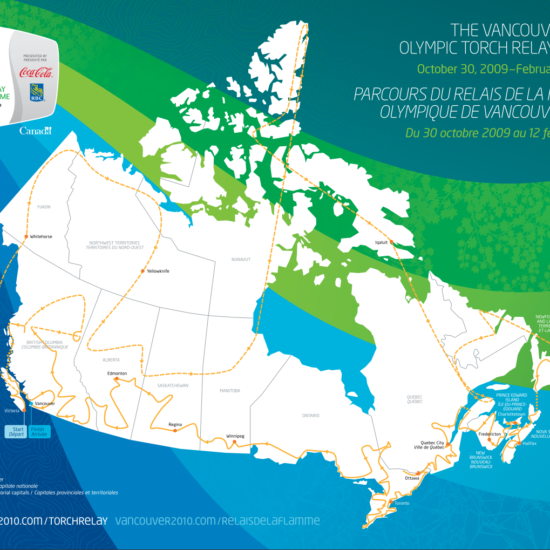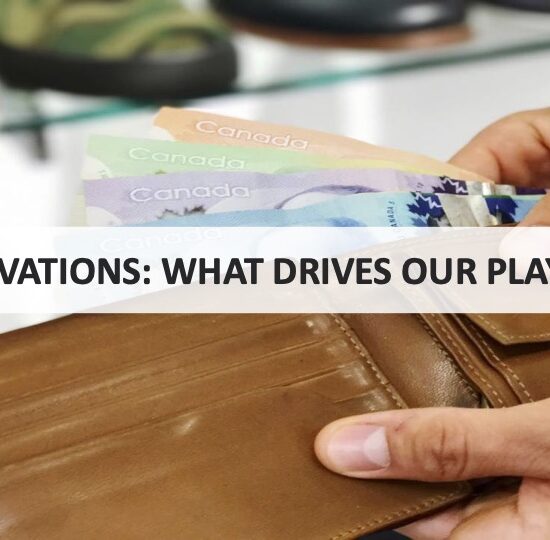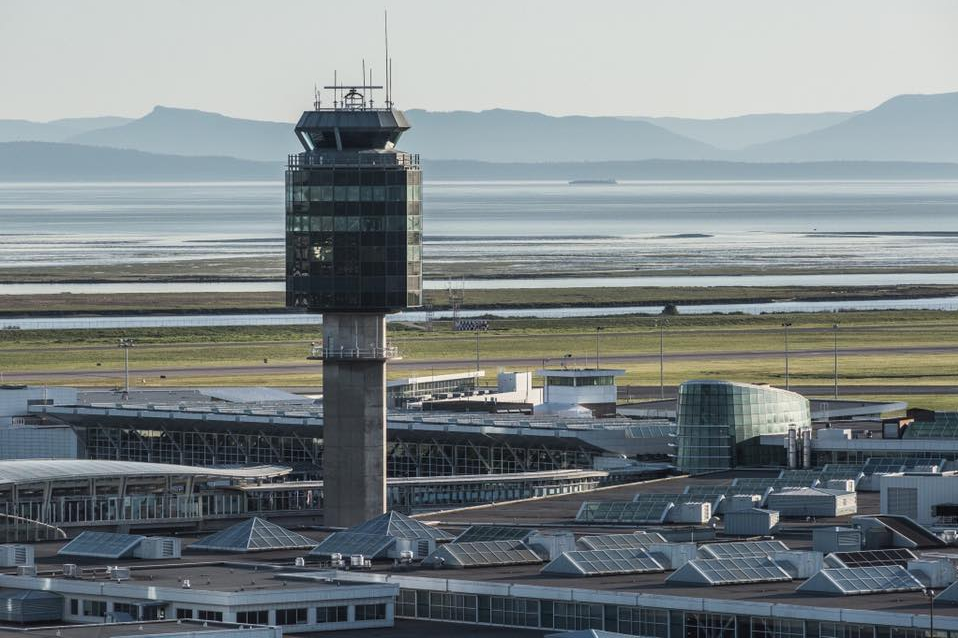
Bob Mackin
The British Columbia immigration scheme aimed at attracting skilled workers and entrepreneurs is at risk of fraud and corruption.
The Office of the Auditor General said in a June 2-released report that there are gaps in safeguards against misrepresentation and fraud in the provincial nominee program, which is popular among immigrants from the People’s Republic of China. The program admitted 32,000 workers, spouses and dependents from 2015 to 2018.
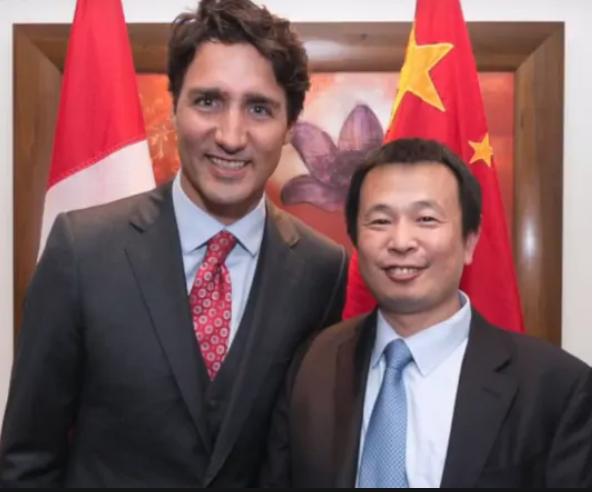
Istuary’s Ethan Sun (right) and Justin Trudeau.
The report said the Jobs, Economic Development and Competitiveness ministry has not done a comprehensive risk assessment to proactively identify and assess risks, lacks a clear fraud reporting mechanism for the public and does not flag high-risk applications.
“The ministry did not adequately assess and mitigate the risks of fraud and corruption to protect the integrity of the PNP,” the report said. “The ministry had safeguards against fraud, but it needs to ensure that it has the right safeguards and implements them as intended.”
The report did not name names of companies or fraudsters, but said staff identified cases of misrepresentation and fraud. Applicants were found to have fudged their qualifications or income to match job requirements or get a higher score in the registration system and providing false documents. Employers had lied about advertising a job to Canadians first before recruiting internationally. Immigration agents had paid an employer to create a fake job.
“In one case we reviewed, the employer stated that the applicant was working as an administrative assistant,” the report said. “PNP staff reviewed all documentation and thought it appeared to be bona fide. However, when staff followed up with the workplace, they found that the applicant was not working as an administrative assistant. In the applicant’s actual role, they wouldn’t have qualified for nomination. The ministry sent the employer a letter stating that no further applications would be accepted from the company for two years. The applicant was also refused on the grounds of misrepresentation and informed that the program would not accept another application from them for two years.”
The report said the ministry does not have regular and timely access to compliance investigations by federal immigration authorities, the Law Society or the Employment Standards Branch.
“Such information would allow the ministry to better understand fraud trends and disciplinary actions. It could also help identify high-risk applications to support staff in choosing the appropriate level and type of due diligence.”

Trophy given to BC Liberal $5,000 donor Ethan Sun in 2016 (Mackin)
Internally, there were gaps found in monitoring staff activity in the case management system and staff were unaware of how they could blow the whistle on wrongdoing. The new Public Interest Disclosure Act, effective last December, is aimed at protecting whistleblowers in government.
From the start of 2007 to the end of the first quarter of 2015, 527 of the 937 entrepreneur immigration applications approved at work permit stage were from Chinese citizens. South Korea (78) and Iran (72) were the next most-popular source countries.
In 2016-2017, 106 of 152 registrants were from China. Sixty-eight of the 152 invested between $1 million and $8 million.
One of the most-notorious companies in B.C. to have been involved in the program was Istuary Innovation Group, the collapsed tech startup from China. Yi An “Ethan” Sun was lured by HQ Vancouver (whose head was future Trudeau-appointed senator Yuen Pau Woo) and given tax credits through the controversial Advantage BC scheme. A lawsuit alleges that Sun fled to China, Istuary investors lost $18 million and that the company was really a front for immigration fraud.
In November 2016, then-Premier Christy Clark recognized Istuary with a trophy at a fundraising dinner in the River Rock Casino Resort’s show theatre.
The Elections BC database shows a $5,000 Sun donation to the BC Liberals, dated Nov. 30, 2016. He also donated $1,756 in 2015 and 2017.
Support theBreaker.news for as low as $2 a month on Patreon. Find out how. Click here.






